Tesla powers up world’s largest lithium ion battery in Australia
The 100-megawatt bank can can store enough energy for more than 30,000 homes
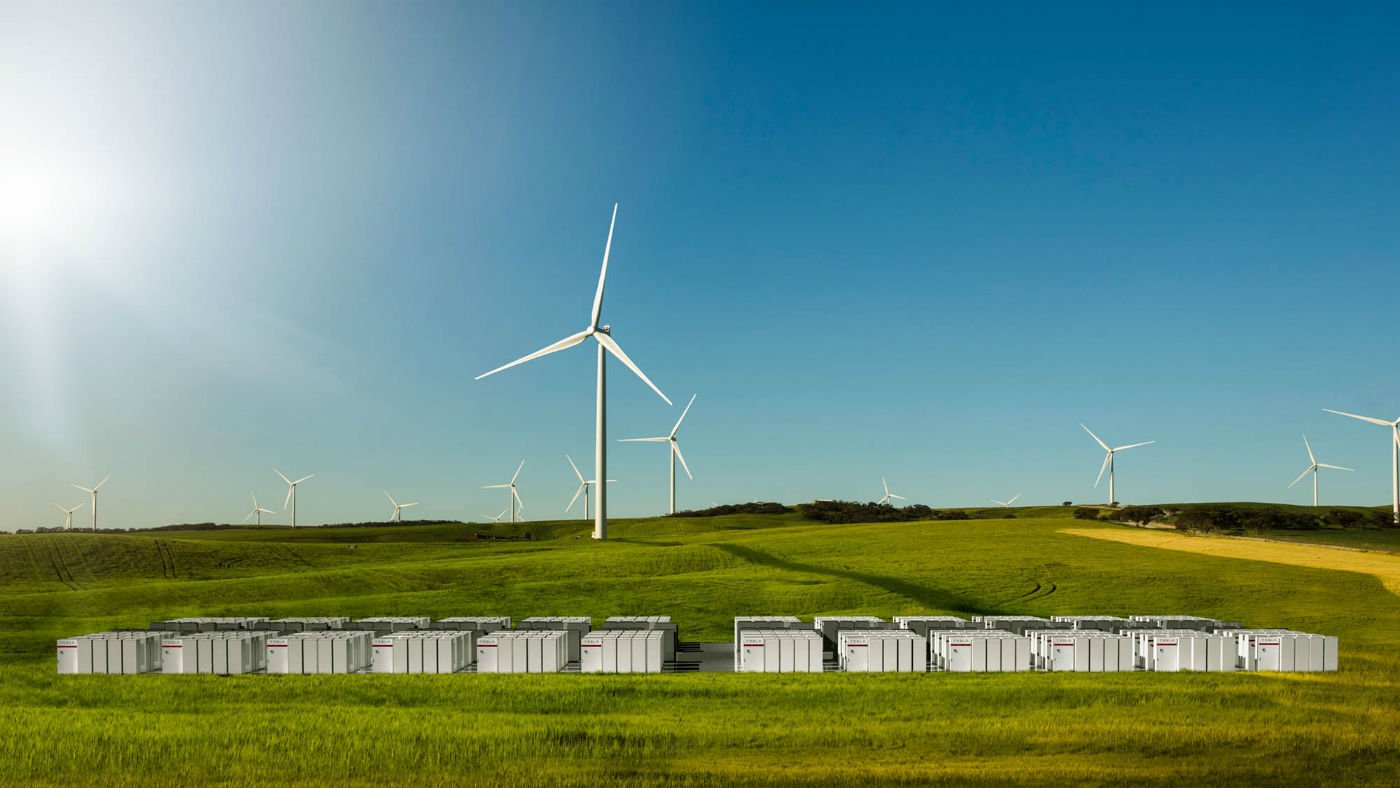
A free daily email with the biggest news stories of the day – and the best features from TheWeek.com
You are now subscribed
Your newsletter sign-up was successful
Tesla switched on the world’s largest lithium ion battery today in a project to provide emergency power to the blackout-stricken state of South Australia.
The 100-megawatt (129mWh) battery is paired to a wind farm and can power more than 30,000 homes for one hour - making it “three times as powerful as any other batteries currently installed”, says the Financial Times.
US-based electric car company Tesla installed the system to “support and stabilise existing electricity supplies”, the BBC reports, after the entire state lost power for an evening following a storm last September.
The Week
Escape your echo chamber. Get the facts behind the news, plus analysis from multiple perspectives.

Sign up for The Week's Free Newsletters
From our morning news briefing to a weekly Good News Newsletter, get the best of The Week delivered directly to your inbox.
From our morning news briefing to a weekly Good News Newsletter, get the best of The Week delivered directly to your inbox.
The ambitious project began following a Twitter exchange between Australian tech billionaire Mike Cannon-Brookes and Tesla co-founder Elon Musk in March, The Guardian says.
Cannon-Brookes “challenged” Musk to solve South Australia’s energy problems, the newspaper says. “Musk responded that if he couldn’t build a 100-megawatt battery in 100 days from signing the contract, he would provide it for free.”
The 100-day countdown kicked off on 30 September, reports the BBC, after the plan was approved by state government and regulators. The company finished the installation “in about 60 days”.
It is said to have cost A$50m (£28m) to build, says the FT.
A free daily email with the biggest news stories of the day – and the best features from TheWeek.com
Tesla to build world's largest lithium ion battery
7 July
Tesla will install the world's largest lithium ion battery in South Australia after 1.7 million people were left without power following a storm last year.
It has struck a deal with the Australian government to supply a 100 megawatt (129MWh) powerpack system for energy provider Neoen's Hornsdale wind farm near Jamestown.
The battery will be charged using the site's turbines to "deliver electricity during peak hours".
A tweet from Tesla chief executive Elon Musk said it would be "the highest power battery system in the world by a factor of three".
The deal "will be incredible helpful within Australia and around the world", he added, as he hopes it proves large battery installations are a suitable form of storing energy generated by renewable energy sources.
South Australia's old electrical infrastructure was heavily damaged last September when it was hit by the biggest storm the country had seen in 50 years, says the BBC. More than 1.7 million people were left without power for an evening.
Bidding for the tender to replace the system, Musk tweeted that Tesla would get a new one "installed and working 100 days from contract signature or it's free".
His 100-day deadline "will begin within a few weeks", following "a connectivity agreement" between the state, Tesla, Neoen and the Australian Energy Market Operator, sources told The Independent.
However, Musk said the project could cost Tesla "$50m [£39m] or more" if it failed to deliver a solution on time, without saying when that was.
-
 How to Get to Heaven from Belfast: a ‘highly entertaining ride’
How to Get to Heaven from Belfast: a ‘highly entertaining ride’The Week Recommends Mystery-comedy from the creator of Derry Girls should be ‘your new binge-watch’
-
 The 8 best TV shows of the 1960s
The 8 best TV shows of the 1960sThe standout shows of this decade take viewers from outer space to the Wild West
-
 Microdramas are booming
Microdramas are boomingUnder the radar Scroll to watch a whole movie
-
 Australia’s teen social media ban takes effect
Australia’s teen social media ban takes effectSpeed Read Kids under age 16 are now barred from platforms including YouTube, TikTok, Instagram, Facebook, Snapchat and Reddit
-
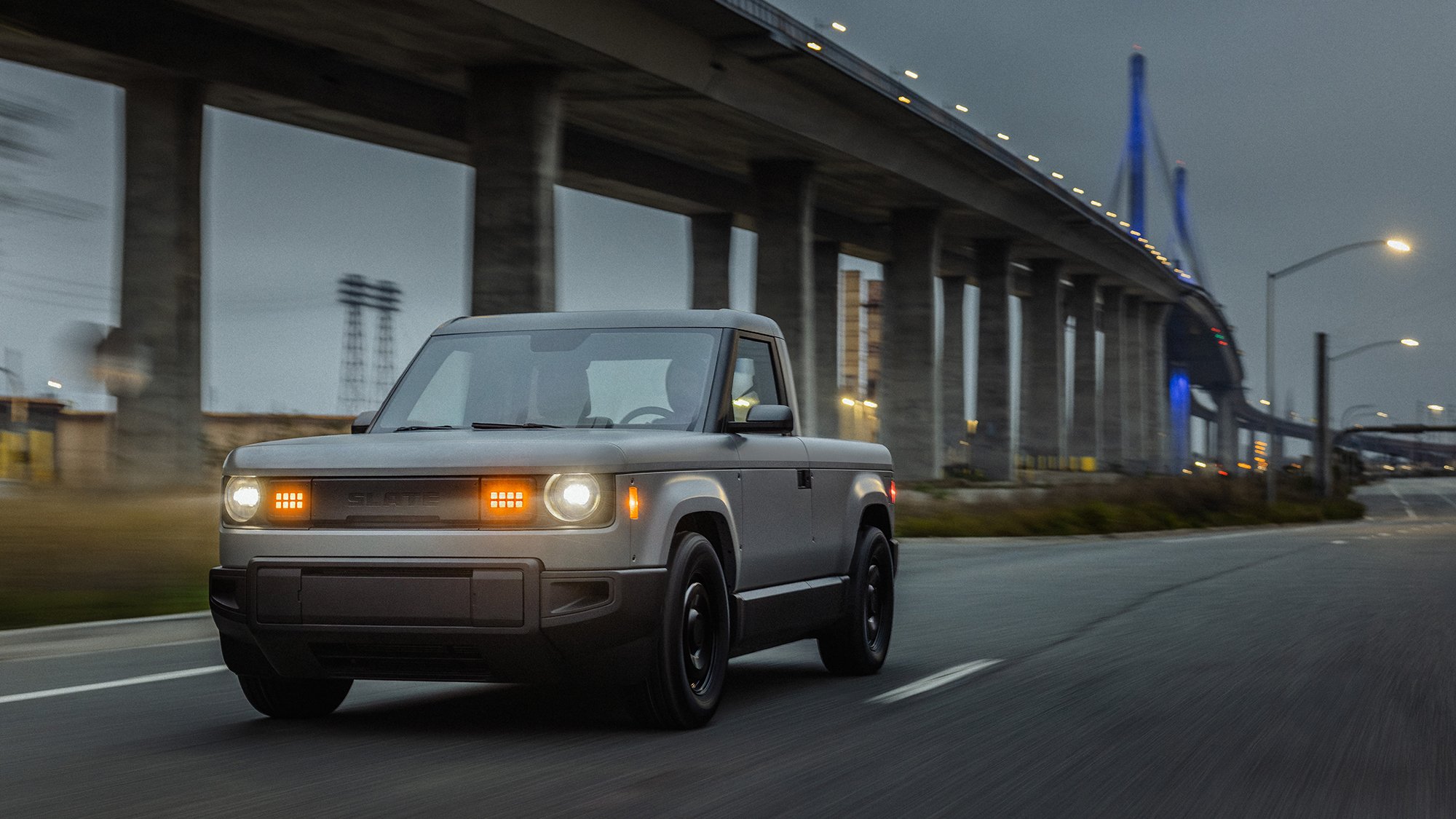 Why Bezos' new pickup could be a 'wrecking ball' in EV industry
Why Bezos' new pickup could be a 'wrecking ball' in EV industryToday's Big Question Slate Auto's no-frills approach is a 'potential Tesla killer'
-
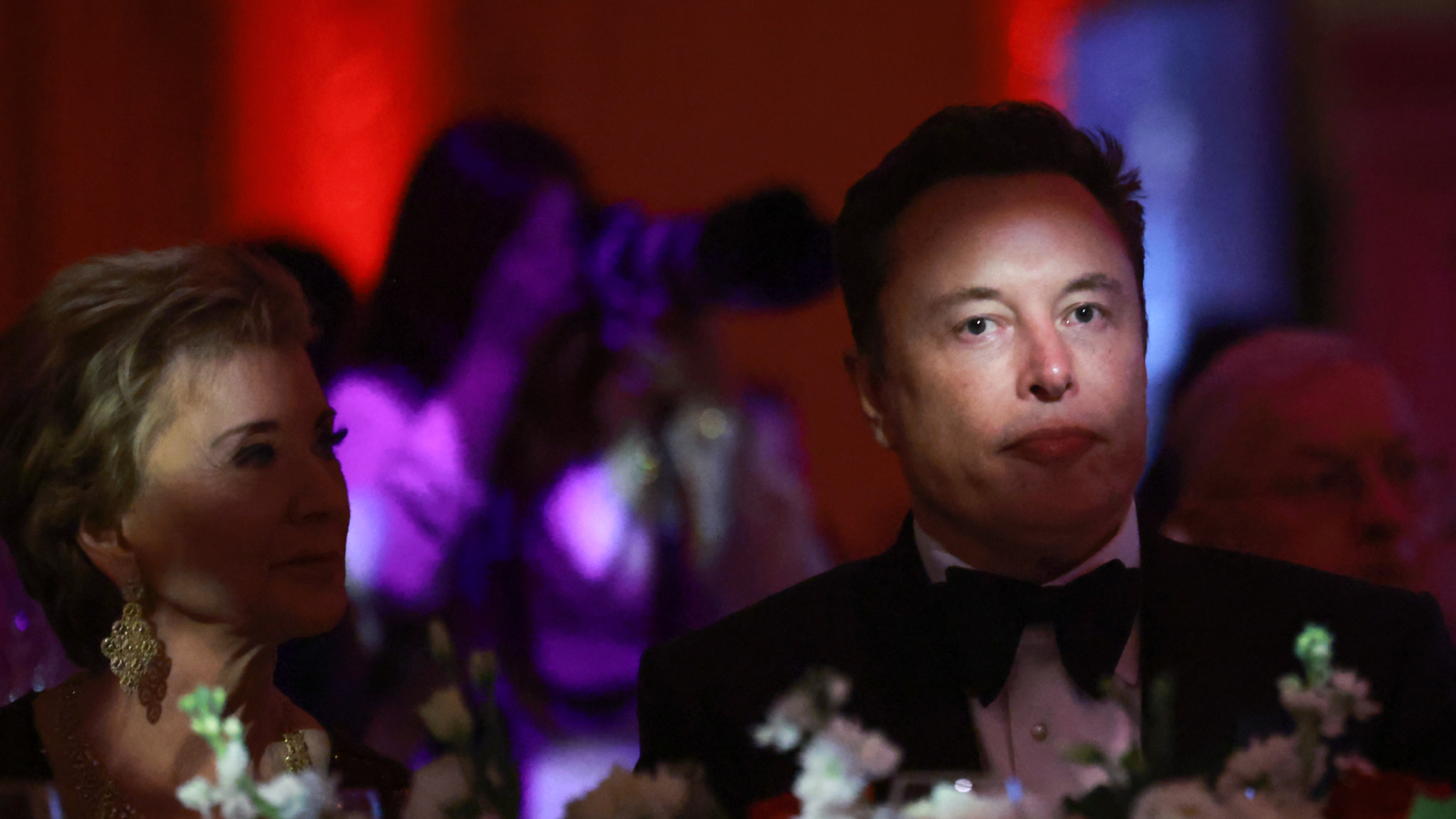 Judge rejects Elon Musk's $56B pay package again
Judge rejects Elon Musk's $56B pay package againSpeed Read Judge Kathaleen McCormick upheld her rejection of the Tesla CEO's unprecedented compensation deal
-
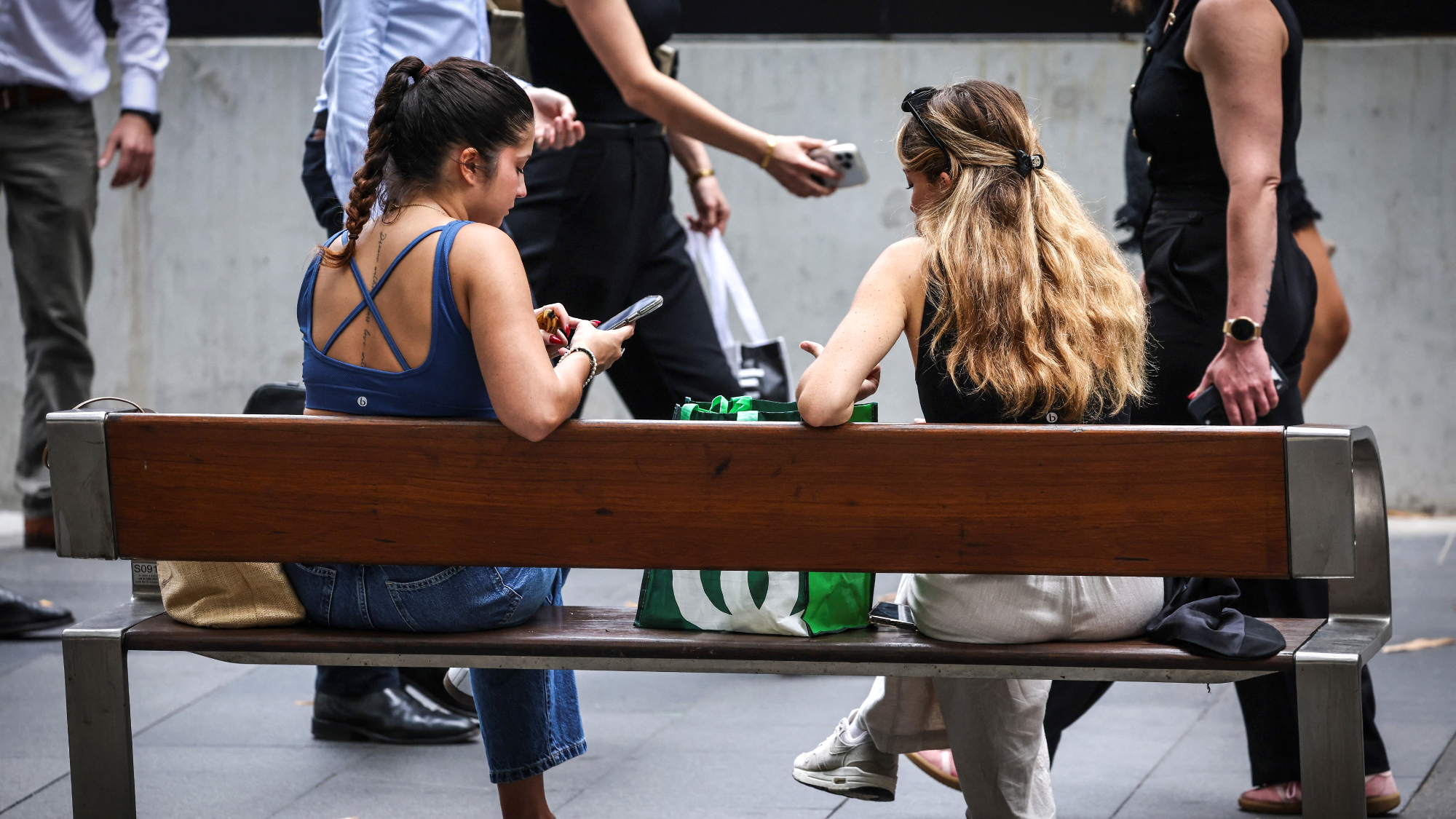 Australia proposes social media ban before age 16
Australia proposes social media ban before age 16Speed Read Australia proposes social media ban before age 16
-
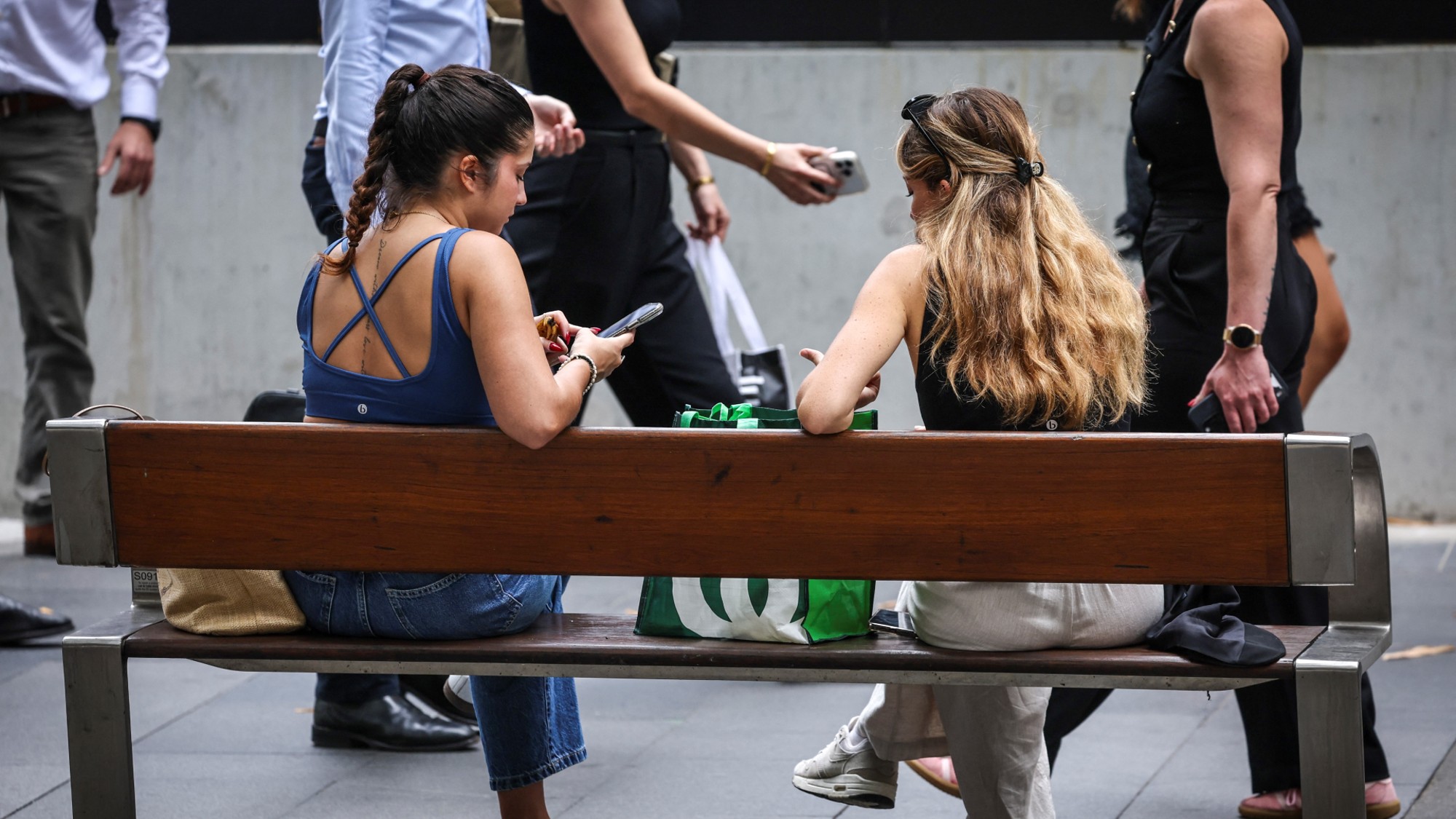 Social media ban: will Australia's new age-based rules actually work?
Social media ban: will Australia's new age-based rules actually work?Talking Point PM Anthony Albanese's world-first proposal would bar children under 16 even if they have parental consent, but experts warn that plan would be ineffective and potentially exacerbate dangers
-
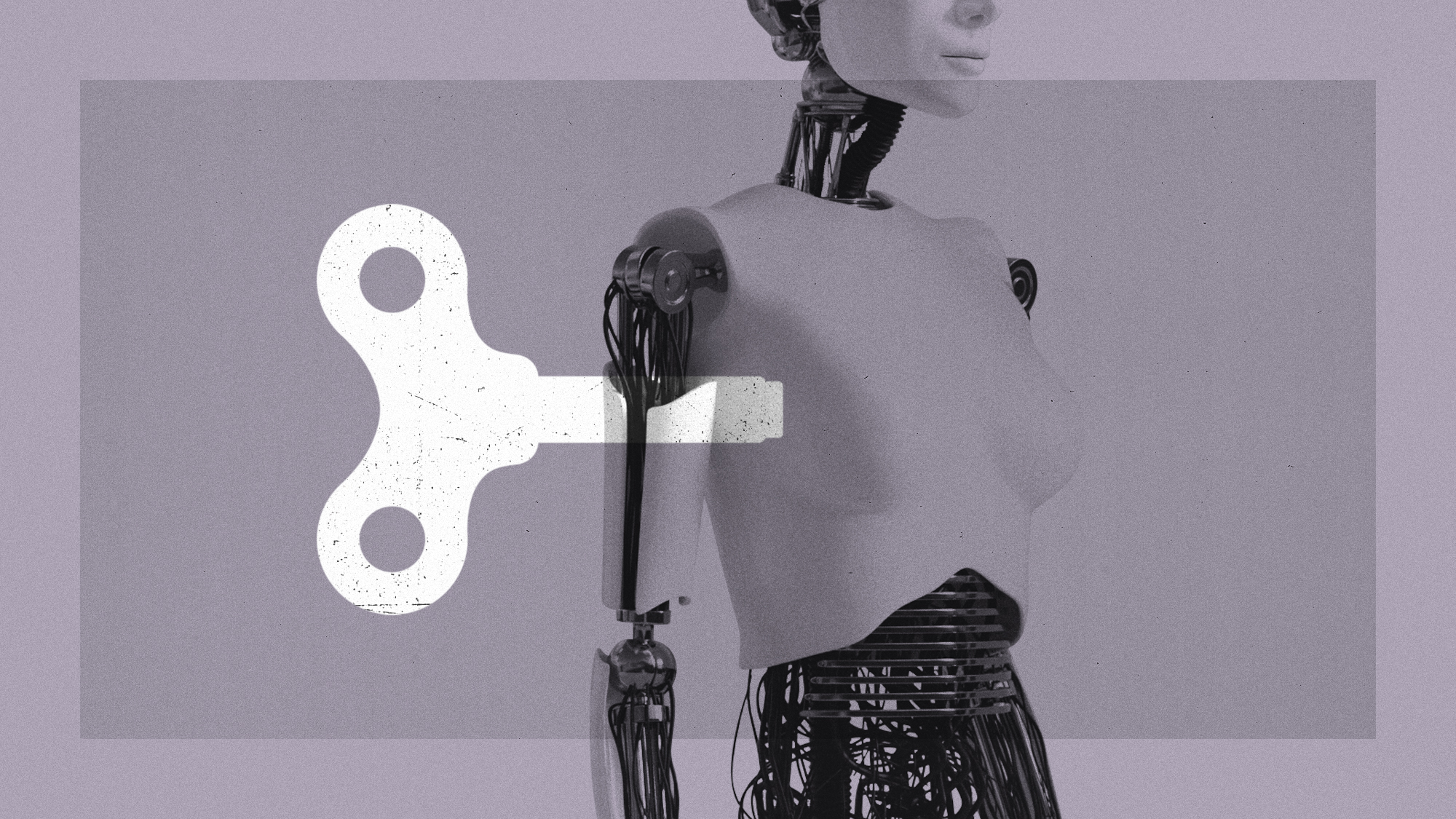 Is the world ready for Tesla's new domestic robots?
Is the world ready for Tesla's new domestic robots?Talking Points The debut of Elon Musk's long-promised "Optimus" at a Tesla event last week has renewed debate over the role — and feasibility — of commercial automatons
-
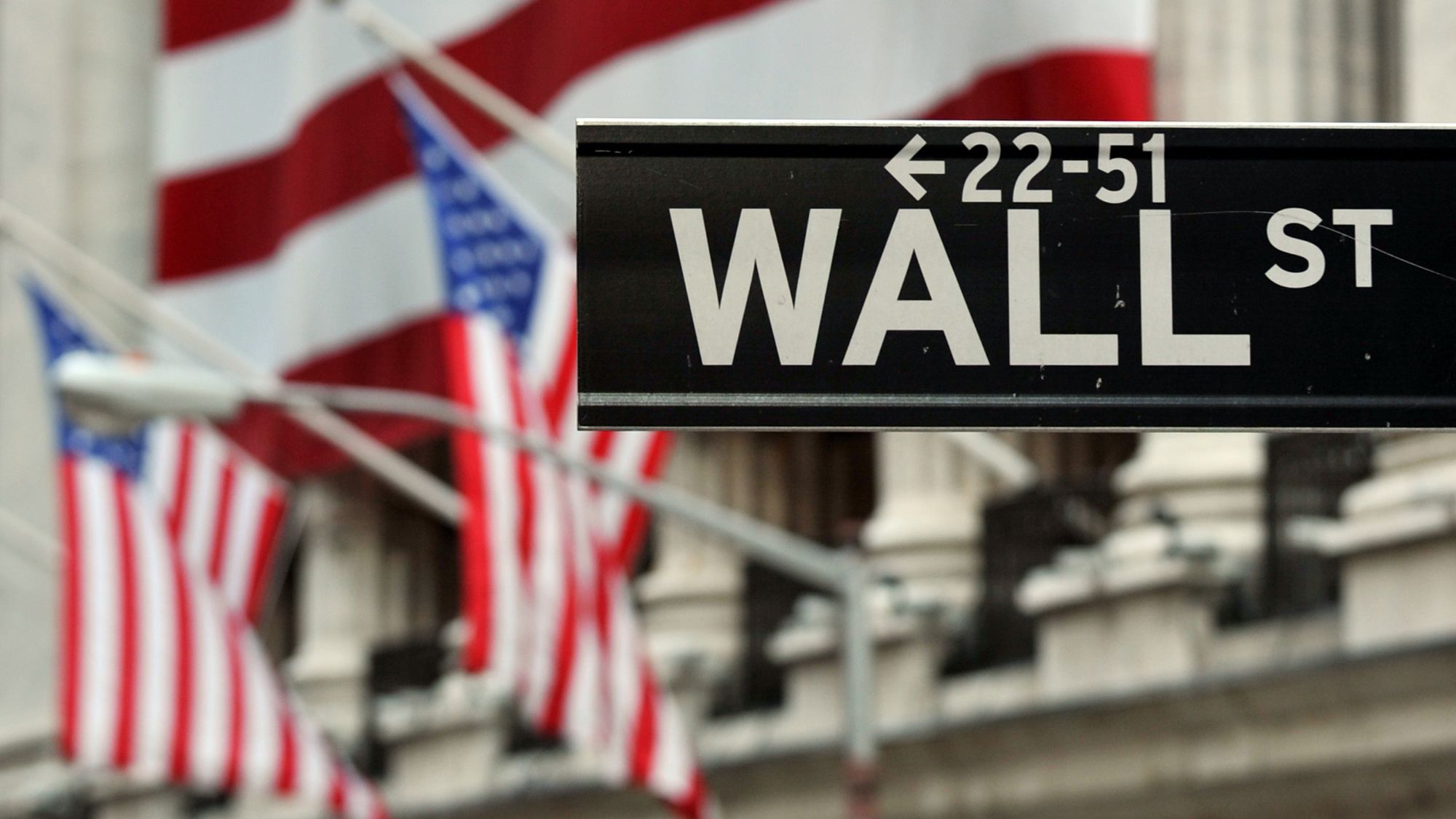 Wall Street tumbles on poor tech results
Wall Street tumbles on poor tech resultsSpeed Read US markets had their worst day since 2022 as Tesla and AI stocks dropped
-
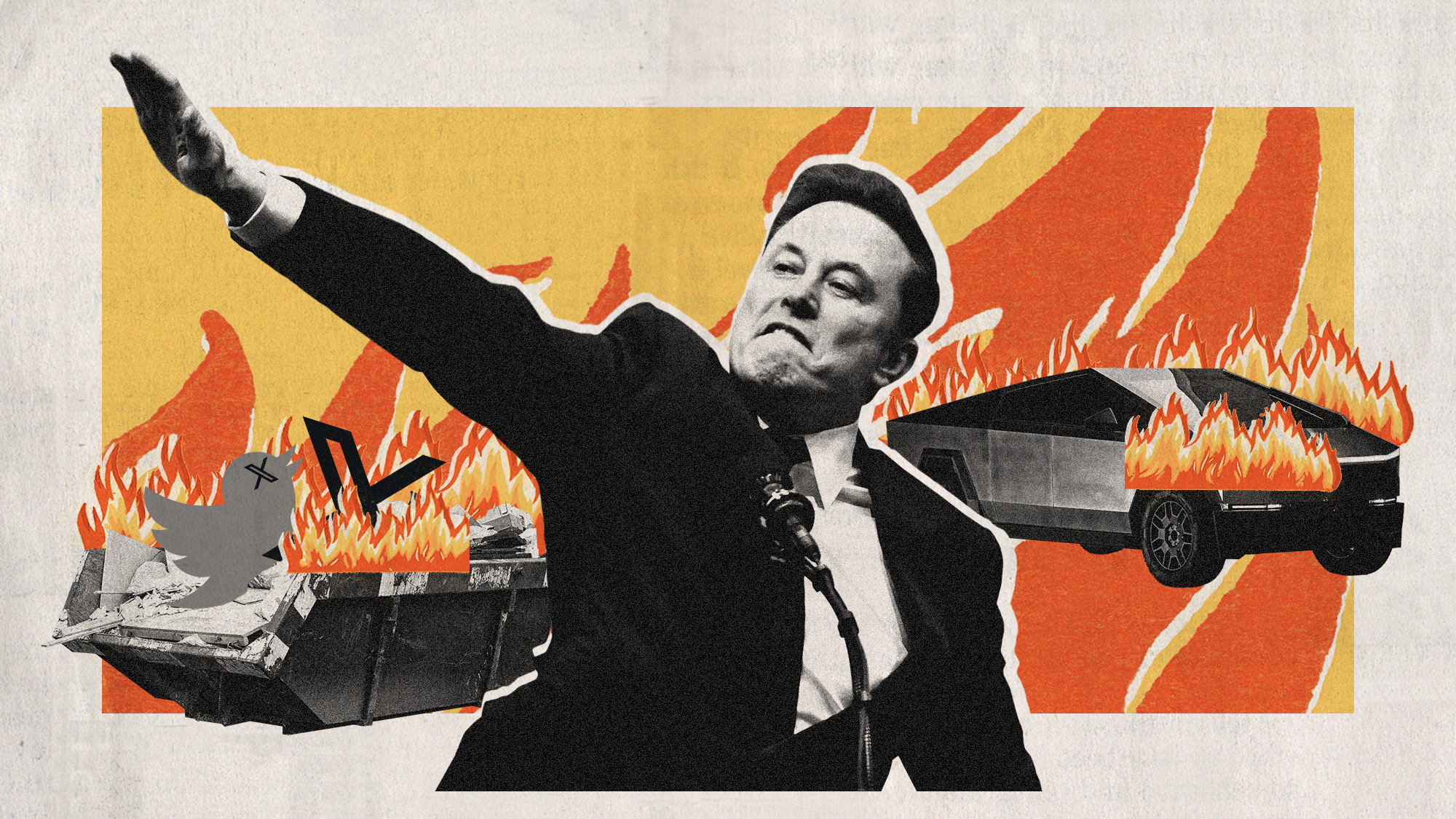 A running list of Elon Musk's biggest controversies
A running list of Elon Musk's biggest controversiesIn Depth The business mogul has a long history in the hot seat